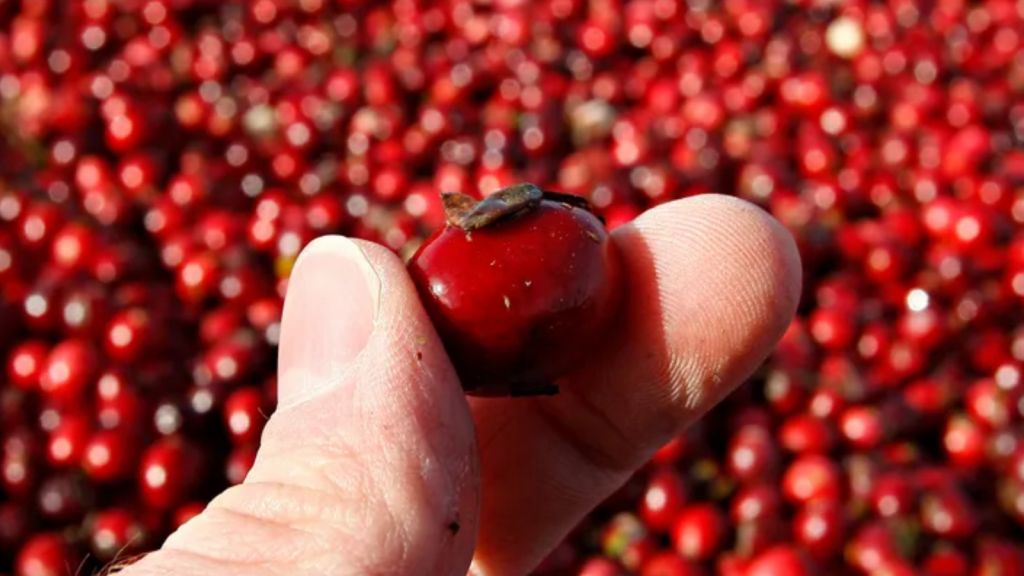
I reckon the only reason anyone voluntarily drinks cranberry juice is the following: they got a UTI, were told the drink helps to cure it, reluctantly chugged a bottle of the stuff, and then developed a taste for it.
For what it’s worth, I’m a big fan of the drink now. But I had no idea that scientists aren’t actually definite the juice does anything at all to curb UTIs.
“The data on cranberry juice and cranberry supplements with regard to urinary tract infections is inconsistent,” Dr. Pamela J. Levin, Assistant Professor of Clinical Obstetrics and Gynecology, told Penn Medicine.
“Though studies have demonstrated potential ability to decrease symptomatic UTIs, there isn’t sufficient data to determine the duration of therapy or the dose of cranberry necessary to achieve the effect,” she added.
So what’s really going on?
Most of the studies written about cranberry juice centre on their A-type proanthocyanidins (PAC) content.
PACs interfere with the ability of bacteria to stick to the sides of the bladder, meaning they may make infection less likely to occur in the first place.
But there are a lot of questions about how many PACs cranberry juice contains.
Dr. Timothy Boone, PhD, vice dean of the Texas A&M Health Science Center College of Medicine in Houston told Medical News Today: “It takes an extremely large concentration of cranberry to prevent bacterial adhesion.”
“This amount of concentration is not found in the juices we drink. There’s a possibility it was stronger back in our grandparents’ day, but definitely not in modern times.”
Oxford researcher Dr Oghenekome Gbinigie added that while some studies showed a “promising” link between cranberry juice and curing UTIs, “some have not specified the amount of PAC... in the intervention that they used, and other studies have had very high drop-out rates (sometimes over half of the participants) due to participants struggling to drink large amounts of cranberry juice over long periods.”
So... what should I do?
Well, if you’re a scientist, it’d be great if you could conduct some high-quality research into the subject ― “at present, there is insufficient evidence for or against this practice,” Dr Gbinigie said.
If you find cranberry juice helps you, swig away. It doesn’t seem to be harmful in reasonable amounts, and we certainly haven’t proved beyond all doubt it does nothing.
Eating actual cranberries or cranberry capsules may deliver a higher level of PACs.
A doctor or pharmacist (who can now prescribe UTI meds without a doctor) may suggest antibiotics.
The NHS says that some good ways to prevent a UTI include:
wipe from front to back when you go to the toilet
keep the genital area clean and dry
drink plenty of fluids, particularly water – so that you regularly pee during the day and do not feel thirsty
wash the skin around the vagina with water before and after sex
pee as soon as possible after sex
promptly change nappies or incontinence pads if they’re soiled.


